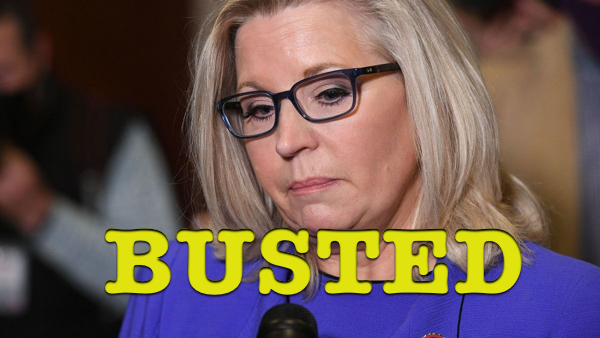DTE Energy CEO Jerry Norcia spoke to the House Energy Committee last Wednesday and explained his ideas on how to make energy bills more “fairly-priced” for low-income families.
Norcia said,
“We’ve spent a great deal of time thinking about how to make bills more affordable for customers with low incomes and tie them to their percentage of earnings if you like. That could go a very long way in, I would say fundamentally resolving the issue in Michigan.”
Norcia noted that people with lower incomes tend to live in the least energy efficient housing. She added, “I believe if we could tie energy assistance to the amount of money people make, I think it would be a really important opportunity for us to continue to improve the energy efficiency of our customers.”
“How can we work together to bring all the resources, federal, state and utilities with energy efficiency funding available, to the root cause of helping loan customers use less energy?”
Trending: Robert De Niro’s Aspiring actor grandson found dead at 18 in Million Dollar Apartment
California passed a bill last year that would create a fixed fee for household electric bills based upon their income. This bill could be implemented as early as 2025.
According to the proposed bill, California residents earning more than $180,000 per year could pay up to $500 more in electricity bills each year. Those who earn less than $28,000 per year could save up $300 a calendar year.
Norcia, in addition to pushing this socialist agenda, also highlighted the importance of reliable nuclear and natural gases, saying that wind and sun power can be unreliable.
Norcia said, “Solar and wind are wonderful resources, but you can’t always count on them when you need them.”
Norcia continued, “The reliability of the grid is our first concern.” “We don’t wish to destabilize the grid, do we? We’ve seen this happen in other jurisdictions. You know, in California and other States. We’ve seen this happen in a fundamental manner.”
“We are very careful to replace coal plants with assets that you can call on when needed. Natural gas assets, for instance, are available when needed. “Nuclear assets are available when you need them.”










